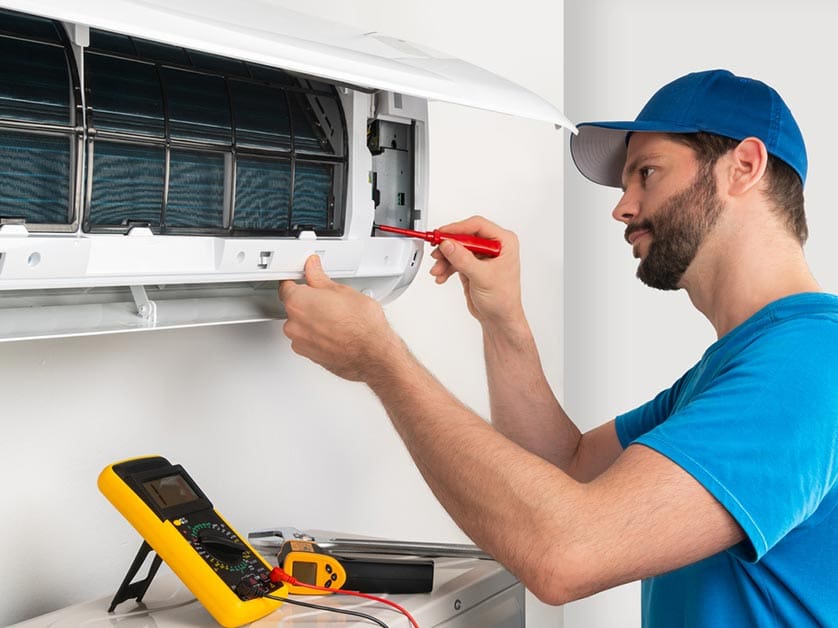Troubleshooting AC Sensor Issues: Signs and Solutions
The sensor in your AC unit measures the temperature of the air coming into the evaporator coil, helping the unit function effectively. It’s vital for the optimal performance of your AC unit, keeping your home cool and comfortable. Without it, your AC unit wouldn’t know when to churn out cold air or when to rest.

Regular checks and maintenance by professional HVAC companies are necessary to keep your AC sensor in top shape. When it starts to malfunction, it can cause various issues, affecting the overall performance and efficiency of the system. Stone Heating and Air talks about the telltale signs that your AC may have a faulty sensor and how you can resolve the problem.
Causes of Faulty AC Sensors
A faulty sensor doesn’t just disrupt the comfort of your home environment; it also affects the efficiency of your AC unit. With an unhinged sensor, your unit uses more electricity than it should, which translates to higher energy bills. Several factors can cause a sensor to malfunction, including the following:
-
Sensor Placement. Incorrect sensor placement is a frequent cause of malfunction. If the sensor is not installed in the right location, it may not accurately measure the temperature of the conditioned air or the room. For example, if the sensor is exposed to direct sunlight or placed near a heat source, it may register higher temperatures, leading to improper cooling or heating.
-
Sensor Damage or Wear. Over time, sensors can become damaged or worn out due to exposure to dust, debris, or moisture. Physical damage to the sensor’s components or corrosion of its electrical connections can affect its ability to function correctly.
Signs of a Faulty AC Sensor
The AC sensor is a critical component that helps regulate and maintain the desired temperature in your air conditioning system. When it malfunctions, it can lead to various issues that must be addressed by professional AC and home heating companies. Here are the signs of a faulty AC sensor:
-
Temperature Inconsistencies. If you notice temperature fluctuations or inconsistencies in your indoor climate, it could indicate a faulty AC sensor. The sensor’s inability to accurately measure the temperature may cause the AC system to cycle on and off at inappropriate times, resulting in discomfort.
-
Constant AC Cycling. A malfunctioning sensor might cause the AC unit to cycle rapidly or continuously. This is because the sensor fails to detect the actual temperature accurately, leading to frequent on-off cycles, which can wear out the system and increase energy consumption.
What to Do if You Have a Faulty Sensor
If you suspect a faulty AC sensor, a trusted technician must inspect and diagnose the issue. They can accurately identify the problem and recommend the appropriate repairs or replacements to restore your AC system’s efficiency and performance.
Choose the Right Air Conditioning Company
Not every company that offers AC services is equipped to handle sensor issues. Therefore, it’s imperative to choose air conditioning companies that have a proven track record in dealing with a variety of AC problems. Stone Heating and Air in Central Point, OR, lives up to this expectation and beyond, offering the best in AC care and maintenance Don’t hesitate to contact us at (541) 855-5521, or reach us online to schedule an appointment.
Category: HVAC
Request An Appointment
Related Content




